Everything You Need to Know About Buying Petroleum Gas in Kenya
Everything You Need to Know About Buying Petroleum Gas in Kenya
In this digital age, there are many ways to buy gas for your home. However, if you’re looking for straightforward and transparent services combined with excellent value, you might want to consider buying petroleum gas from a specialist supplier. Gas is often thought of as a cheaper alternative to LPG or Liquefied Petroleum Gas, but it is actually a heating fuel that differs in many ways from LPG. This article will introduce you to the differences between gas and LPG and outline everything you need to know about buying petroleum gas in Kenya.
What is petroleum gas?
Petroleum gas is a flammable natural gas, primarily methane, that is produced as a byproduct during the refinement of crude oil. Although it comes from the same source as LPG, it is transported, stored and used differently. It’s the most widely-used fuel in Kenya and the rest of the world. It can be used directly in burners just like propane, or it can be mixed with other fuels like butane, ethane or pentane to create mixtures with different boiling points. The oil used to produce petroleum gas is extracted from the earth through drilling and pumping. It can also be produced as a byproduct of refining crude oil or in natural gas processing plants. Petroleum gas is a hydrocarbon gas mixture with a wide range of gases and hydrocarbons, including methane, ethane, propane, butane, and cyclohexane. It is primarily used for cooking and heating, particularly in developing countries where it is the most commonly used fuel. It is also used as a raw material in producing chemicals, such as ethylene, propylene, and ethane.
Buying petroleum gas in Kenya
Petroleum gas is the most commonly used fuel in Kenya’s residential and commercial sectors. Most households, even in the rural areas, use it to provide cooking and heating. For the commercial sector, it’s the most commonly used fuel for boilers and other fuel-burning appliances. Petroleum gas is commonly sold at dealers, commonly known as “gas bars.” These gas bars are located around the country, although you will find them most in urban areas. Most gas bar dealers sell both propane and butane. Buying gas from a dealer is the most straightforward and convenient way to buy gas. With a wide range of options and a wide network of dealers throughout the country, you can rest assured that you’re buying from a reputable source with a proven track record. Before you buy, carefully consider how much gas you will need. You can calculate your requirements using the calculator on this page. And keep in mind that you’ll need a cylinder or tanks for storing and dispensing your gas.
How is LPG different to gas?
As mentioned above, gas is primarily methane. It is produced at a gas plant as a pure gas and then transported as liquefied petroleum gas (LPG). LPG is a byproduct of natural gas processing, where methane is separated from other gases like ethane, propane, and butane. The LPG that you buy at the gas bar is a mixture of these gases and is mainly propane and butane. LPG is stored and transported as a liquid. It is pumped into large storage tanks, called “big bags,” at the plant. From there, it is delivered to your home in a cylinder, tank or other large container. Petroleum gas has a wide range of gases and petroleum hydrocarbons, while LPG is a mixture of propane and butane. This is the reason why LPG is cleaner burning than standard gas, as well as less combustible, which makes it safer.
LPG safety and quality standards
LPG is a clean and efficient heating fuel and cooking source that is safer than most other fuels. It has been used safely around the world for more than 100 years, and it is widely regarded as a safe, efficient and affordable energy source. LPG safety and quality standards are set by the Gas Safe Register, a group of engineers with the responsibility of ensuring that all LPG equipment and installation work is carried out safely. When you buy LPG from a registered dealer, you can be assured that it has been tested and meets these safety standards. When buying LPG, look for the Gas Safe mark or logo on your dealer’s equipment and premises. The Gas Safe Register ensures that only suitably qualified engineers can use the Gas Safe logo.
When should you buy LPG instead of gas?
The biggest difference between gas and LPG is that they have different uses. Gas is a fuel source, which means that it is burnt directly to produce energy. LPG is a fuel source and a cooking source. And since LPG is cleaner than gas, it’s better for your health, the environment and your home. LPG is primarily used as a cooking source, although it can also be burned in a boiler or furnace. It is also used to power engines, such as those found in automobiles, boats and airplanes. When you have a choice between LPG and gas, you should choose LPG for the following reasons: – Cleaner – LPG is a cleaner fuel than standard gas, as it produces 40% less carbon dioxide and 30% less nitrogen oxide. – Healthier – LPG is much better for your health than gas. It has no carcinogenic or toxic emissions, which means that it poses no risk to you or your family. – Safer – LPG is far safer than gas because it has no flammability. It also has no potential to seep into the soil as it is stored in its liquid form under pressure. – Better for the environment – Since LPG has no toxic emissions, it is better for the environment than gas. However, LPG is not completely clean, as it produces carbon dioxide when burnt.
Find the best place to buy petrol and LPG in Kenya
Whether you’re looking to buy gas or LPG, you must choose a reputable supplier. Choosing a supplier that has been in business for many years and has a good reputation is the best way to protect yourself from unscrupulous practices. When buying LPG, you need to choose a supplier that is Gas Safe registered. This ensures that your supplier has passed strict quality and safety standards. When buying gas, you need to make sure that the supplier is a certified operator. This means that they have been approved by the Kenya Bureau of Standard to supply gas. You should also check with your local authorities if there are any regulations about the supply of gas and LPG in your area. You should not live in fear of buying gas and LPG. Instead, you should be empowered with the information you need to make an informed decision.
Final Words
Gas and LPG are different fuels with different uses. Gas is primarily methane and can be used directly or mixed with other gases to create a mixtures with different boiling points. LPG is primarily propane and butane and is stored and transported as a liquid. LPG is cleaner than standard gas and has no carcinogenic or toxic emissions. It is better for the environment than gas, but it produces carbon dioxide when burnt. LPG is a safer and more efficient choice than gas. When buying gas or LPG, make sure that you choose a reputable supplier.


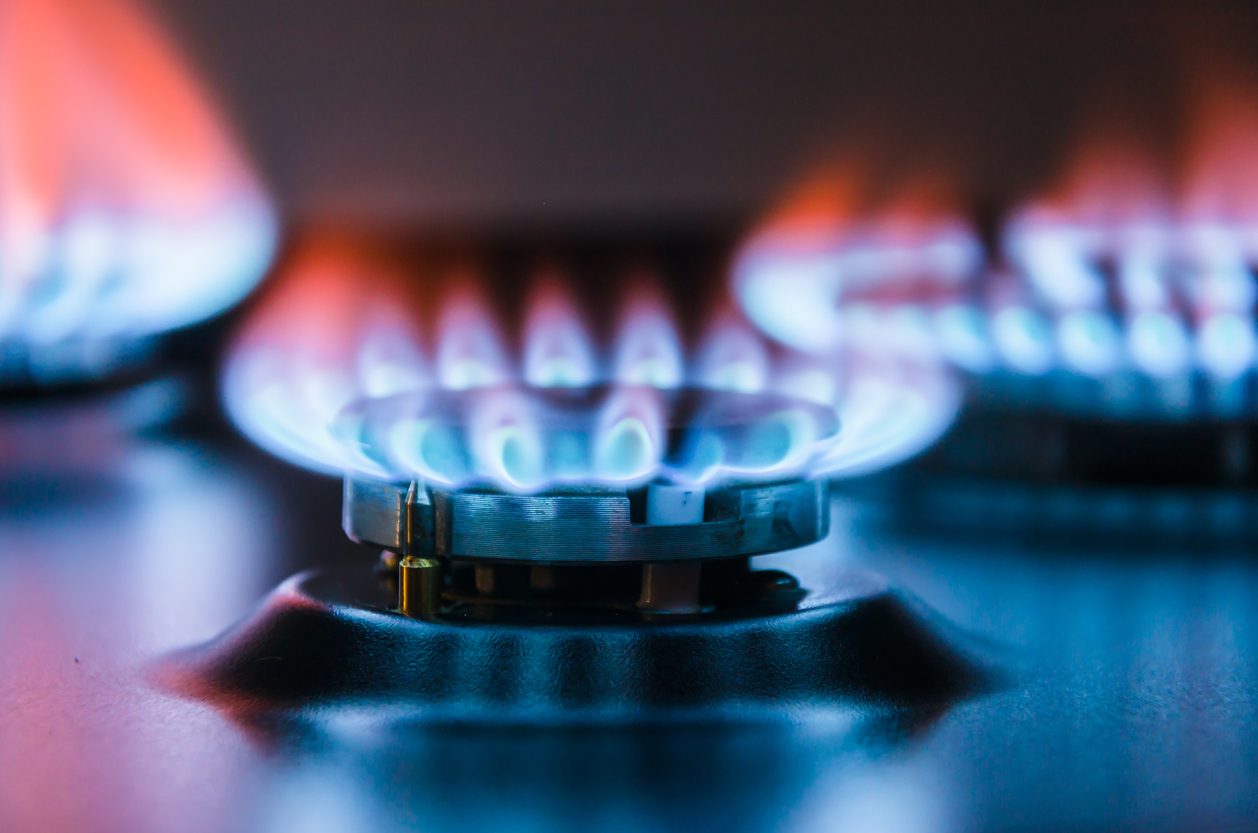
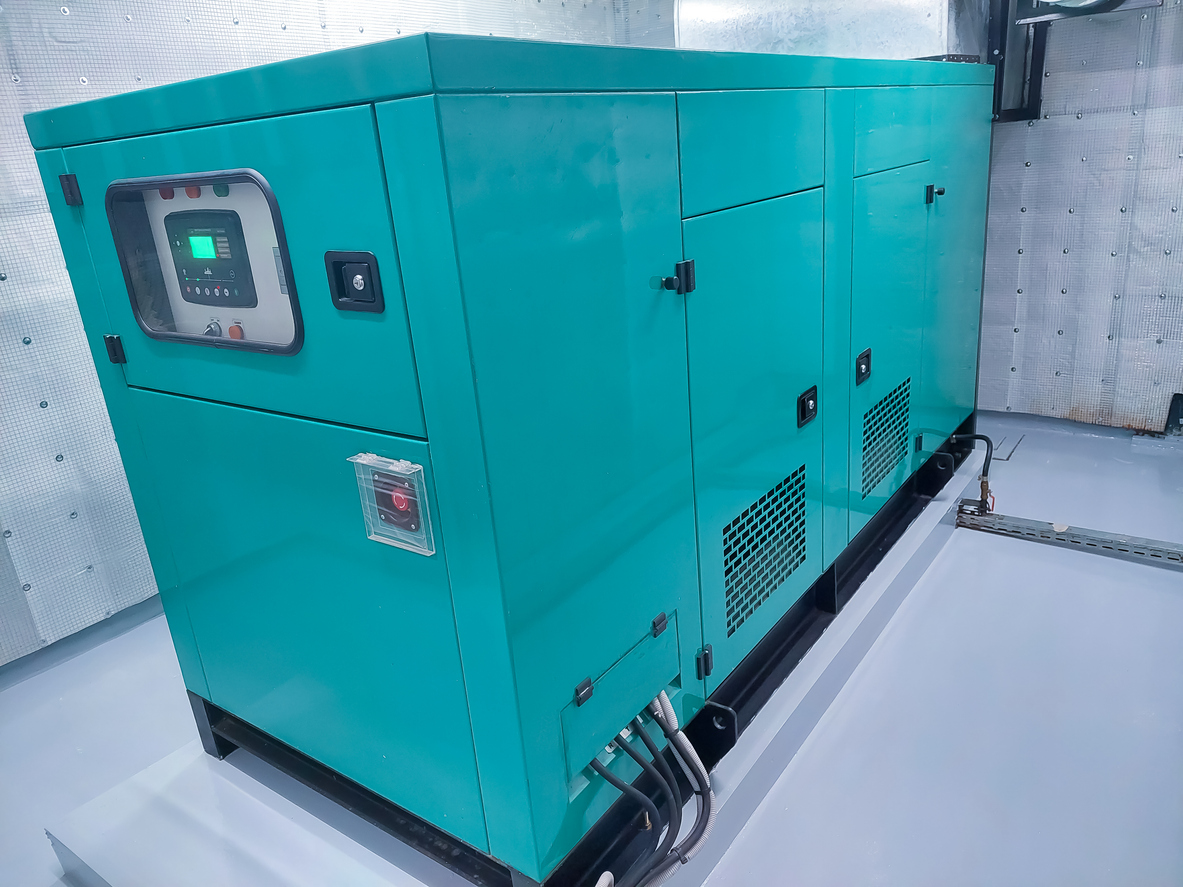
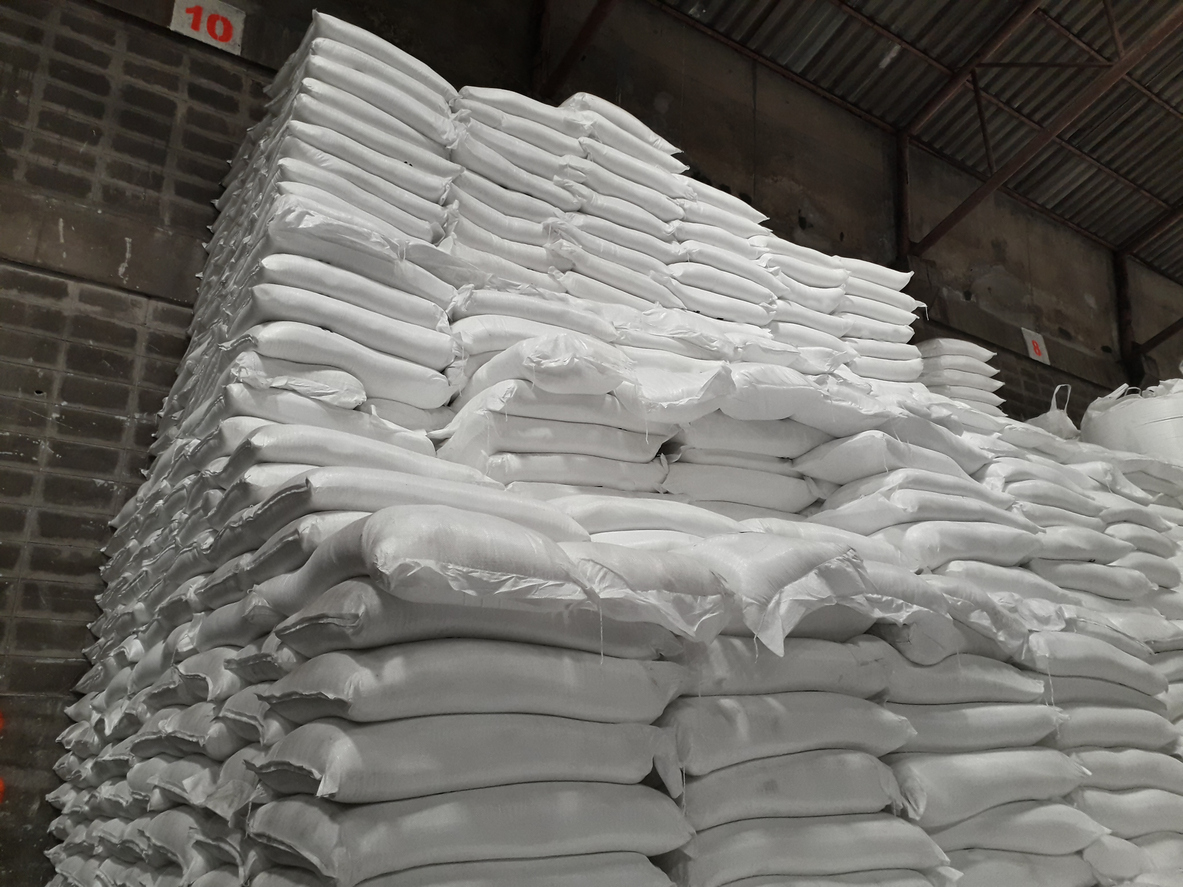
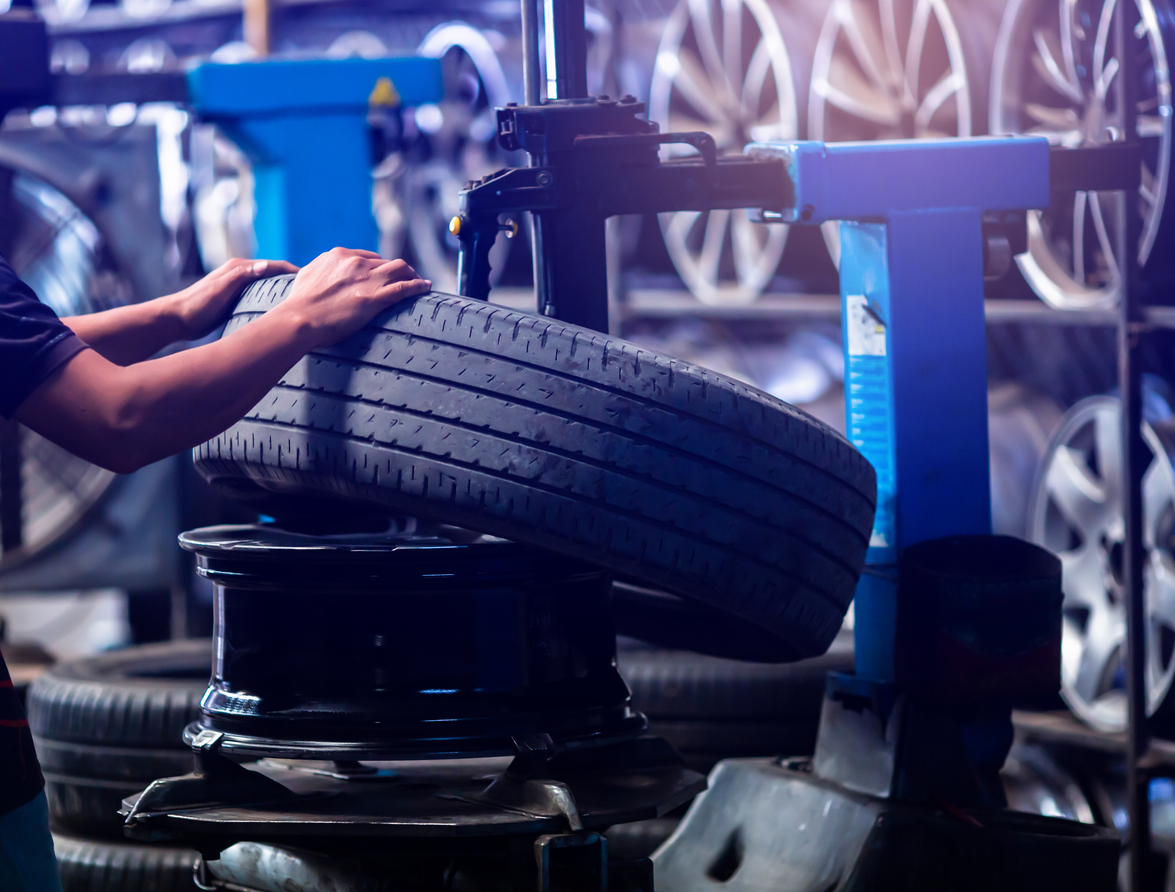
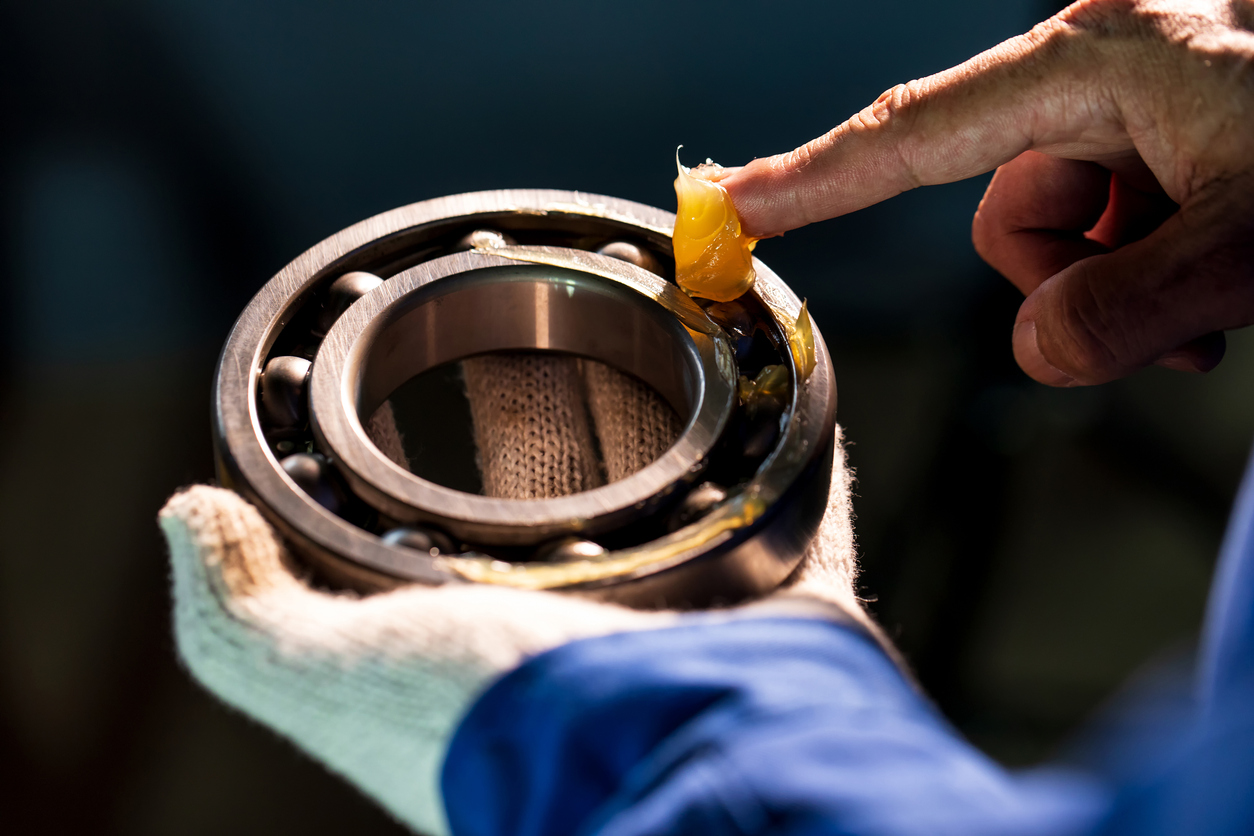
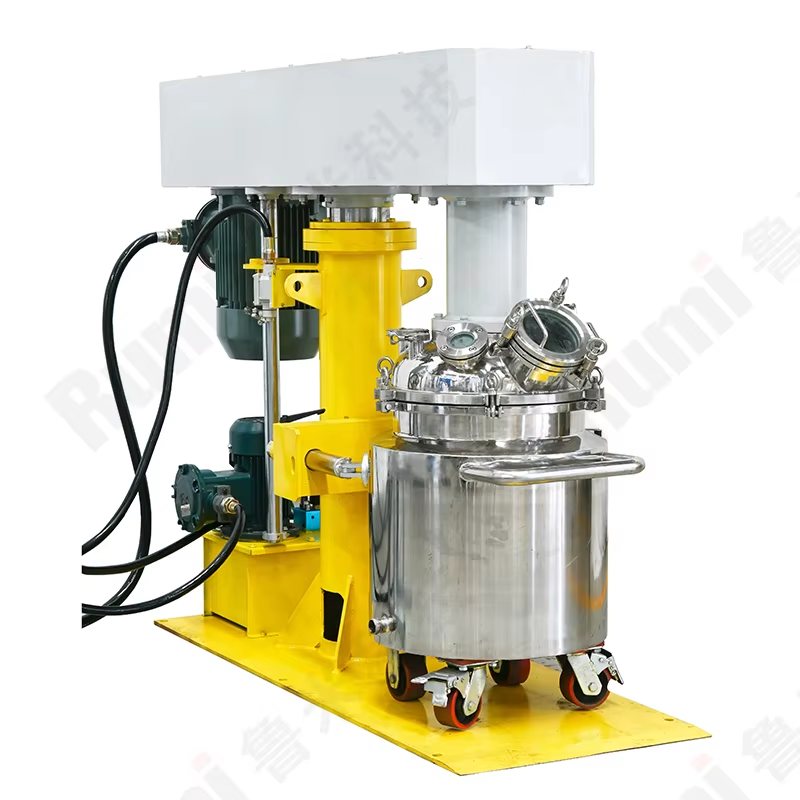
LEAVE A COMMENT
You must be logged in to post a comment.